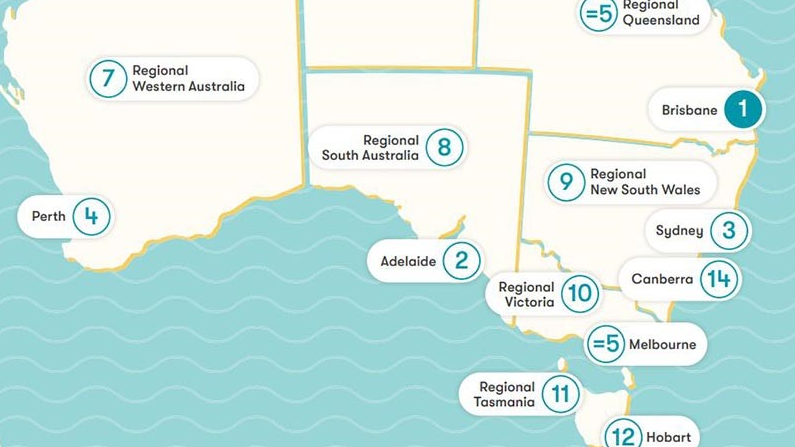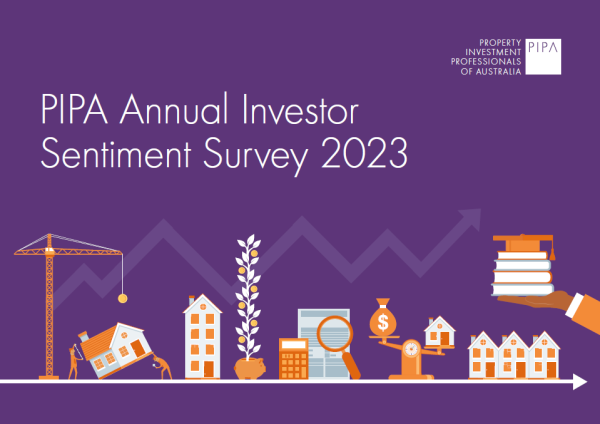Investors miss out on big tax deduction
Oct 2021Karen Millers
Categories
Location ReportsMedia releasesNational market updatesPersonal advisersPIPA AdviserPIPA Annual Investor Sentiment SurveysPIPA Member ProfilesPIPA video updatesPIPA webinarsPodcastsProperty advisersProperty newsLatest Articles
‘More chance of winning lotto’ than housing targets being met
PIPA Member Profile | Amanda Turner, Opulence Property
Almost half of Australia’s 2.2 million property investors are not claiming one of the most lucrative tax deductions available to landlords, raising concerns that many are throwing money away.
Capital works deductions – for the declining value of a property’s bricks and mortar and other fixed assets – are made by only 52 per cent of investors, according to the latest Australian Taxation Office data.
Government rule changes in 2017 banned depreciation deductions for items including carpets and curtains in second-hand properties, but left capital works deductions untouched – a fact that is not understood by all investors and could be costing them thousands of dollars a year.
Property Investment Professionals of Australia chairman Peter Koulizos said some landlords thought the ban applied to all depreciation so didn’t bother booking a deprecation report.
“They’re not aware they can claim it,” Mr Koulizos said.
“They’re paying more tax than they should.”
The potential losses are large. For an investment property with a structural component of $300,000, the capital works deduction can be $7500 a year because of the 2.5 per cent annual capital works deduction allowed over 40 years.
“For an investor earning an average $80,000 salary, it’s almost $2500 extra you could have in your pocket each year,” he said.
Capital works deductions are generally available for properties built after 1987 and structural improvements after 1992.
“If the house was built in the 1960s and had no renovations, it’s probably not worth it.
“But you will be hardpressed to find a house that’s 50 or 60 years old and hasn’t had some work done on it,” Mr Koulizos said.
Anthony Keane, Herald Sun, Melbourne, Page 4, 1 October 2021




